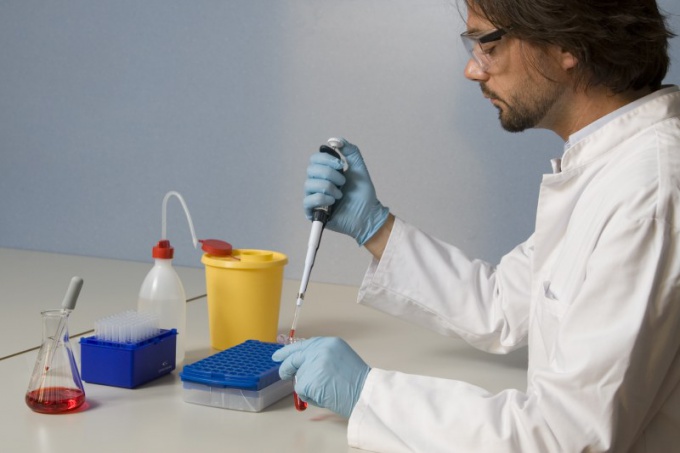You will need
- - the direction of a physician for a blood test;
- - the policy of obligatory medical insurance;
- - a voucher for a visit to the laboratory;
- - disposable syringe with a volume of 10 ml;
- overshoes or shoes.
Instruction
1
Receiving from the physician the direction to the study of blood, specify the time of work of the laboratory and the rules for its visit. In most district clinics, the procedure is free of charge. However, you must pre-register and get a special card with the date and time of delivery of the analysis. You may have to purchase disposable syringe for blood sampling 10 ml and booties for a visit to the laboratory. In paid medical institutions price instruments are included in the total cost of the service.
2
Eliminate from your diet the day before the test "harmful" food: greasy, fried, spicy. Try to avoid coffee, strong tea, dark chocolate. Strictly forbidden the day before blood sampling to consume alcoholic beverages, including beer. The fact that derived from food substances can temporarily change blood counts. For example, alcohol increases the level of uric acid, while coffee increases the number of leukocytes. The doctor will see corrupted data and make unfounded conclusion about the health of the patient.
3
Do not eat Breakfast on the day of blood donation. Just drink a glass of clean water. If you smoke the last cigarette put out 2 hours before visiting the laboratory. Do not use any medications, because they have a strong impact on the performance of the biochemistry. In those situations, when to drop the tablets can't, move their appointment for a later time. Physiotherapy (massage, heating) and x-rays need to pass after biochemistry.
4
Note the correct position of the body with blood. If the person is worth it, you can increase the indicators of creatinine, cholesterol, alkaline phosphatase, etc. So it is better to sit or lie down on the couch. Before visiting the laboratory also avoid physical activity, e.g. fast or climbing stairs.
5
Blood for biochemical analysis taken from the cubital vein. Only need about 5 ml, sometimes a little more. Before the introduction of the needle, squeeze the hand into a fist, but don't move your arm too rapidly. If the nurse finds the vein near the elbow is not enough visible, she can take blood from the hand or foot. The result of the analysis of the injection needle will not be affected.
6
Get the transcript of biochemistry. As a rule, she is ready for the next day, but in extreme cases, the analysis may hold for a few hours. Evaluate the results correctly, can only your doctor. All your questions will discuss with him. Maybe the doctor will prescribe a second biochemical analysis at a later time, for example, after weeks of medication. This is done in order to trace the dynamics of changes in blood composition and adjust the treatment.
